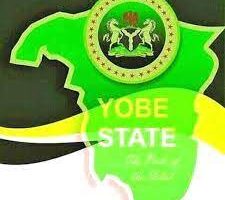It has been 33 years since Yobe state was created by General Ibrahim Badamasi Babangida on August 27, 1991. The state has experienced both success and struggle, progress and decline. While achievements have been recorded, the current administration must intensify efforts to enhance the state’s socio-economic development.
The education sector, a critical aspect of democratic governance, has been unsatisfactory at all levels. High dropout rates and poor attention to schools by the state government have hindered progress. Although some schools in major towns like Damaturu, Potiskum, Nguru, and Geidam have been renovated, they lack technical and financial support. Moreover, numerous public schools built over 60 years ago in local government areas require renovation, academic materials, and improved teacher and student welfare.
The treatment of teachers is another concern. Despite their dedication to educating thousands of children, teachers face neglect in terms of promotions, salaries, welfare, and academic support. As Yobe state approaches its golden jubilee, it is crucial to prioritise teacher welfare and support.
In addition to education, healthcare management demands attention. Past governors, including the late Dr. Bukar Abba Ibrahim, the late Senator Mamman B. Ali, Alhaji Ibrahim Geidam, and the current Governor Mai Mala Buni, have each contributed to the healthcare system. However, a comprehensive review of healthcare management is necessary to address challenges and improve services.
To address these challenges, the state government should establish a committee to assess education and healthcare management. This committee can identify areas for improvement and recommend actions to enhance the socio-economic development of Yobe dtate.
Kasim Isa Muhammad,
Potiskum, Yobe state.
